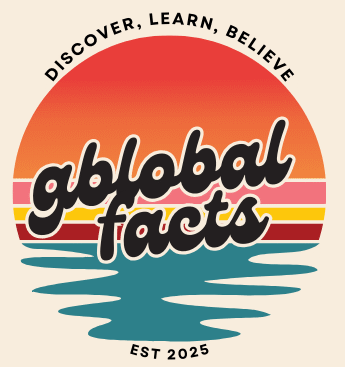Global facts
discover,learn, believe
Population Fact
Politics
Politics refers to the process by which power is acquired, exercised, and managed within a society. It involves the organisation of government institutions, the development and implementation of public policies, and the interaction between individuals, political parties, and state institutions. Politics plays a crucial role in shaping the social, economic, and cultural environment of every nation.
The Role and Purpose of Politics
At its core, politics is about decision-making in society. It determines how resources are allocated, how laws are made and enforced, and how power is distributed and controlled. Politics influences every aspect of life, from education and healthcare to national security and international relations.
Forms of Political Systems
The world consists of diverse political systems, each with distinct principles and structures of governance. The most common forms of political systems include:
-
Democracy: A system in which political power is vested in the people, either directly or through elected representatives. Democratic governance is characterised by free and fair elections, freedom of speech, and the rule of law. Examples include the United States, Germany, and India.
-
Monarchy: A system in which a king, queen, or emperor rules the country. Monarchies can be absolute, where the monarch holds all power (e.g., Saudi Arabia), or constitutional, where the monarch’s role is symbolic and real power lies in elected bodies (e.g., United Kingdom).
-
Authoritarianism: In this system, political power is concentrated in the hands of a single leader or a small group of individuals, often without democratic elections. Examples include North Korea and Belarus.
-
Communism: A system where the state controls all property and means of production, to achieve a classless society. Countries such as China and Cuba operate under variants of this system.
Political Parties and Ideologies
Political parties play a central role in modern politics by organising people around shared ideologies, policies, and governance goals. Major political ideologies include:
-
Liberalism: Advocates individual freedom, democracy, and free markets.
-
Conservatism: Emphasises tradition, social stability, and limited government intervention.
-
Socialism: Supports social ownership and equitable distribution of wealth.
-
Nationalism: Focuses on national identity, sovereignty, and self-determination.
Political Processes and Institutions
Politics operates through various institutions such as legislatures, executive bodies, courts, and electoral systems. These institutions work together to:
-
Draft and pass legislation
-
Enforce laws and policies
-
Resolve disputes through judicial systems
-
Represent the people through elections
The Impact of Politics on Society
Political decisions directly affect economic development, social justice, healthcare, education, environmental policies, and human rights. Good governance leads to stability, progress, and prosperity, while poor governance may result in corruption, inequality, conflict, and oppression.
Challenges in Modern Politics
Modern politics faces multiple challenges, including:
-
Political polarisation and extremism
-
Corruption and lack of transparency
-
Influence of money in politics
-
Global power shifts and geopolitical tensions
-
Public disillusionment with political systems
The Future of Politics
As global dynamics evolve, politics is adapting to challenges such as digital democracy, climate change governance, globalisation, and the increasing role of international organisations. The future of politics depends on the ability of governments, civil society, and citizens to cooperate and innovate in order to create fair, transparent, and sustainable systems of governance.
